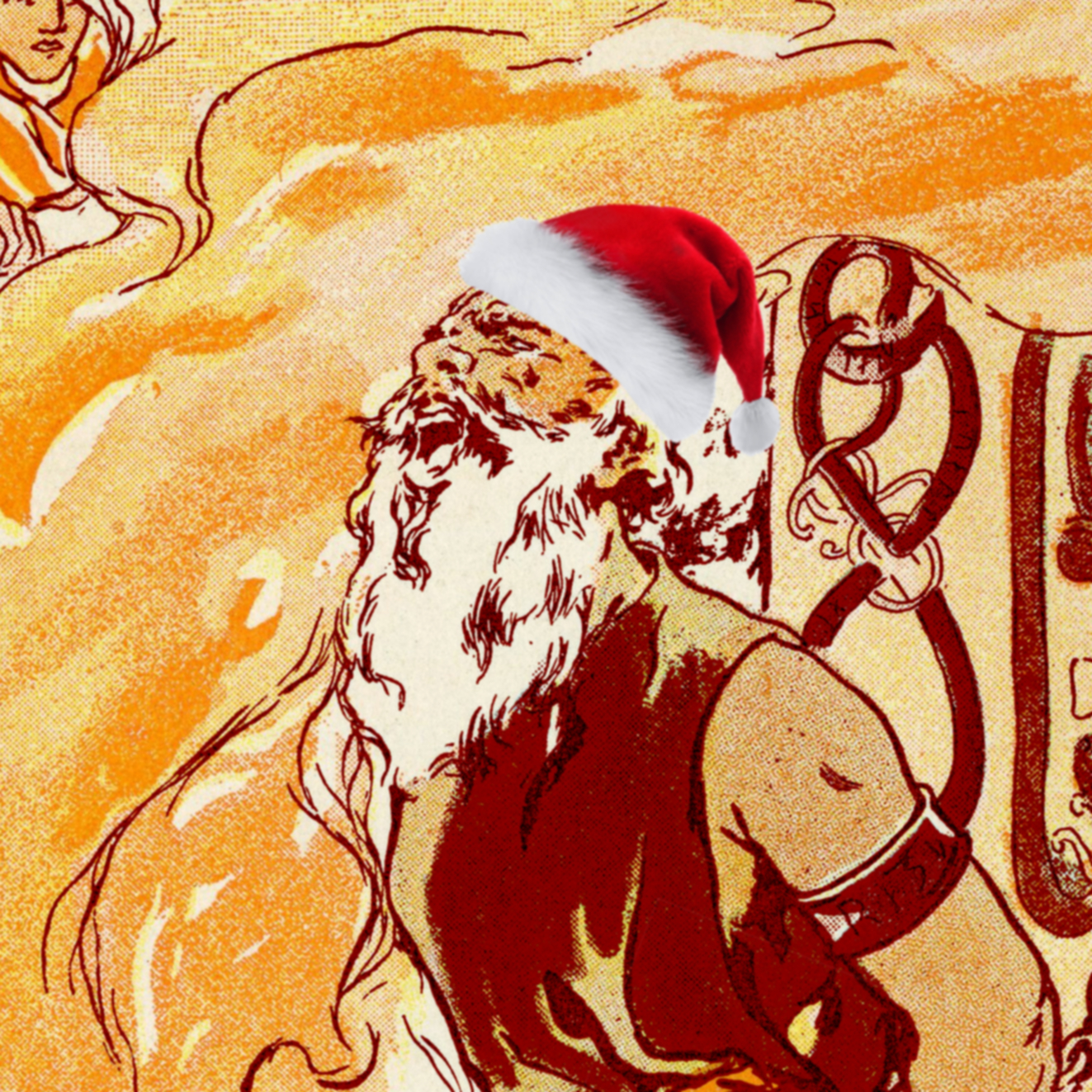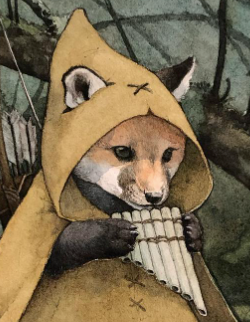Gods be with you!
OK, so solstice marks the middle of the season, right? Like, we're now half way through winter. Only, I keep hearing from people that this is supposed to be the start of winter, and that sounds wrong. Surely the longest night would happen in the dead center, yeah?
The days will start getting longer from the solstice on, so the worst has passed. It will get colder than now though, so for some people that might be what they refer to when they say it's "only" starting now.
I suppose if you wanted to split the year into perfect quarters it would make sense to have the seasons start on their Solstice/Equinox. The days are going to start getting longer now but the weather is still going to be colder, so its still Winter until Spring, so you coukd argue that its been Fall up until now. But tbh I dont think seasons work so rigidly.
but you could still have perfect quarters if they mark the middle. That way, you know each one is squarely in it's respective season and you don't get silly statements like "This day near the end of December means Winter has Started" Is it the ambiguity? Does inconsistency, the lack of a clear delineation, make our industrialized brains uncomfortable?
Originally seasons were mostly based around hunting or farming timetables. You could base seasons around celestial orbits. You could also base them much more locally. The idea of "winter" in a tropical or mediterranean climate doesn't really make sense. In those climates you have wet and dry seasons. Since the temperature is so consistent precipitation is all you really need to track. However, in climates like the US east coast its important to track precipitation and temperature. Instead of wet and dry you have freeze, thaw, hot and humid, and frost. Each with different implications for wildlife and agriculture.
I don't really see how the tracking of celestial bodies is practical for most people. Given that the effects of those orbits is so different in different areas.
Depends on where you're from. In China, the winter solstice is the middle of winter. Winter in China started in early November.
I guess it boils down where you would place peak winter, the winter solstice where the night is longest or somewhere in late January where the temperature is coldest. Since a season is 3 months, subtracting 1.5 months from the peak of winter would give you the beginning of winter. Subtracting 1.5 months from late January gives you early December, which is two weeks off from the winter solstice, so close enough.



